
There are all kinds of post-mortems and pre-mortems of Donald Trump, the GOP, and conservatism floating around. The New York Daily News has an op-ed that provides some interesting morsels for consideration. It is by a guy named George Hawley who teaches political science at the University of Alabama. Hawley’s alleged field of study is American conservatism, though some of what he writes has a distictly Conservatives in the Mist feel to it.
The lede is larded with obvious nonsense and seems to have been written by someone who has had a conservative described to them once.
Despite firing every weapon in their arsenal, the conservative pundit class failed to thwart Donald Trump’s conquest of the Republican Party. They, and especially those who carried the banner of #NeverTrump during the final months of the GOP primaries, face a dilemma: Get behind Trump, hoping to defeat Hillary Clinton and at least wield some influence in Washington, sit out the election (or even support Clinton) — or break with the GOP and back a third-party candidate.
Although it is late in the year to organize a new campaign without an existing party’s label, conservatives like Bill Kristol are actively pitching the idea. Such an effort would be a total fiasco for conservatives.
No matter the candidate, a third-party presidential nominee dedicated to conservative purity would be an absolute electoral failure.
Conservative elites, who speak for some number of principled Republicans, despise Trump because he is not a “true conservative.” They are right about that; he is not really a conservative.
But they are wrong to believe this represents a major electoral problem for him.
To be a true, unpolluted conservative in America today, one must be a free-market purist, a believer in limited government, a cultural traditionalist and a superhawk on foreign affairs. Never mind that these principles are only loosely connected. And forget that the conservative intellectual movement was an ideological marriage of convenience based on the sociopolitical circumstances of the early Cold War. The important point now is that Trump is not sincerely attached to those positions.
To conservative elites, that’s apostasy; these core principles are supposed to be nonnegotiable.
While Hawley’s perception of conservatism is simply bizarre, there is no doubt that people like those he describes actually exist. They can meet in my garage if they want, I’ll provide the band and the caterer. I’ve never encountered anyone who equates “superhawk on foreign affairs” with conservatism. Seriously. I would argue that isolationism or non-interference in world affairs is a much more common point of view. And anyone who thinks “cultural traditionalist” is a meaningful term in conservative circles really needs to have their head examined. He also omits being opposed to abortion from his list of tests which is ironic because RedState, which is about as conservative a site as you will find on the internet, only has one hard and fast rule. We are pro-life. More to the point, if you are holding up Bill Kristol as an example of what “true conservatives” are, you are virtually clueless.
And he’s wrong about the resistance to Trump being rooted in the fact that he isn’t a conservative. He isn’t. He really doesn’t claim to be one. No thinking person has ever accused him of being one. But conservatives dutifully fell in line behind Bob Dole, John McCain, and Mitt Romney and none of us really believed they were much more conservative than Trump. The resistance comes from the fact that Trump is supremely unsuited to be a political leader at any level of government above, arguably, a home owners association where his thin skin and inclination to petty tyranny would fit right in.
In fact, for a guy who has written a book about conservatives he seems to have developed a very narrow view of what conservatives actually look like and what motivates them.
What he is right about is that what I would call “movement” conservatives are a distinct minority in the GOP and a lot of conservatives, over time, have fooled themselves into thinking they represented a majority view because movement conservatives are more likely to be politically active and we’ve acquired an out-sized voice in the GOP. He’s also right that Trump not being conservative is not going to hurt him with the GOP or independent voter.
This is where it gets interesting:
What they miss is that, while Trump is not a consistent conservative, neither is your average Republican voter. When it comes to actual policy preferences, Trump’s nativism and economic populism are a much better match for rank-and-file Republicans than the “Jack Kemp model” of Republicanism promoted by Paul Ryan and The Wall Street Journal.
A quick review of the 2012 National Election Study, a joint project of Stanford and the University of Michigan, demonstrates this. The Republican rank and file are not opposed to new taxes on high earners (62% supported tax increases on millionaires); fewer than one in 10 wanted to cut spending on Social Security; 63% supported restrictions on foreign imports.
On social issues, Republican voters are also more moderate than the conservative elites that claim to speak for them. In 2012, fewer than one in five Republicans nationwide wanted to ban abortion in all circumstances. A majority of Republicans favored legal recognition for same-sex couples.
Back when Newt Gingrich developed the Contract With America he had a very simple criteria:
The items in the Contract were carefully selected in terms of issues that were of fundamental policy importance but also were “doable,” that could be accomplished rather quickly because of the broad support they engendered. Extensive public opinion polling revealed that at least 60 percent of Americans supported all ten of the specific items in the Contract.
You know what? 63% of the GOP view immigration as a negative. Over two-thirds of the GOP want a border wall. Both this sentiment and prescription feature in Trump’s campaign rhetoric. You’ll notice his general election positions in favor of ObamaCare, and increased minimum wage are aimed squarely at Democrat voters.
The way he is backing off his deportation requirement also seems to follow polling of Americans at large which indicates that most Americans favor a “path to citizenship” or at least legal permanent residence.
I suspect that if someone had the time and inclination to go down a list of Trump’s policy peregrinations they would find that the changes are a function of the polling of “Republicans” being different that the polling of “all Americans.”
Whether by design or by happenstance, Trump is offering his own peculiar Contract With America (Or perhaps it isn’t by accident. Newt Gingrich has been on the Trump Train for a while and is making noises like he wants to be Trump’s vice president.). He is supporting issues that have 60%+ support in public opinion polls. The polling universe was GOP voters but now it is definitely focused on general election voters.
This is the critical difference:
By dealing initially with popular items, such as the Congress being governed by the same rules as all Americans, and broad philosophical concepts, such as balancing the federal budget, the Contract engendered popular momentum that could eventually lead to confronting more contentious issues, such as environmental regulations and Medicare and Medicaid reforms.
What you are seeing, I think, in Trump’s campaign is Gingrich’s poll-driven Contract With America stripped of any relationship to coherent policy or principle. He is taking positions that are often contradictory for the simple reason that those positions poll well. Where the Contract With America had the goal of laying the groundwork for conservative governance… at least before the rebels of 1994 got used to life at the trough… Trump’s issues are designed to elect Trump. In short, he is using the same method that brought significant change to the House of Representatives and Washington in a way that would make Huey Long or William Jennings Bryant green with envy.


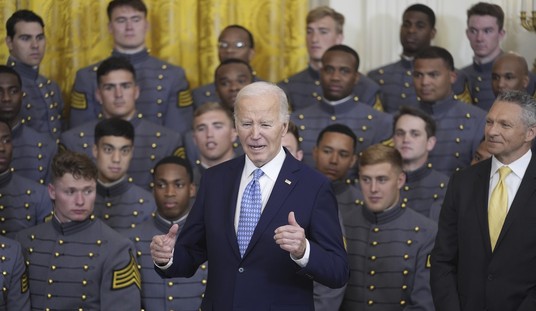
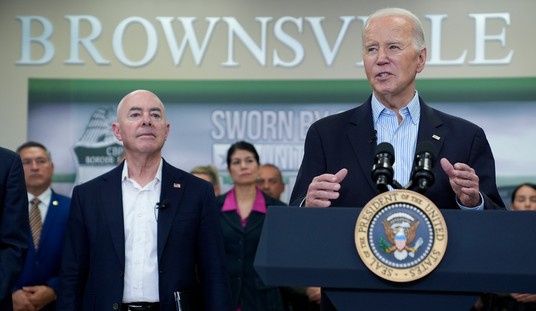
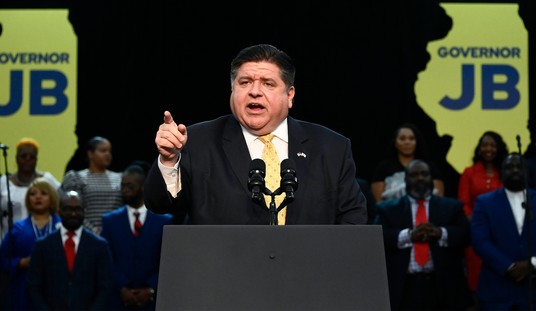

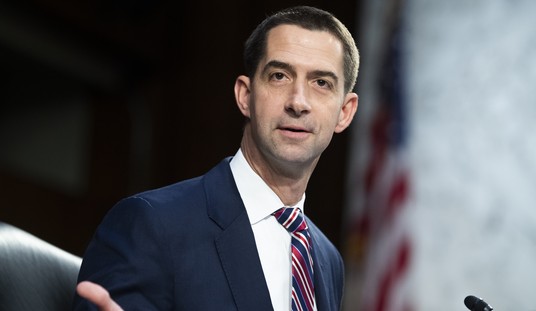



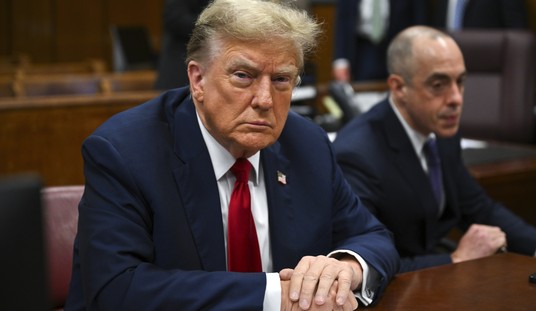

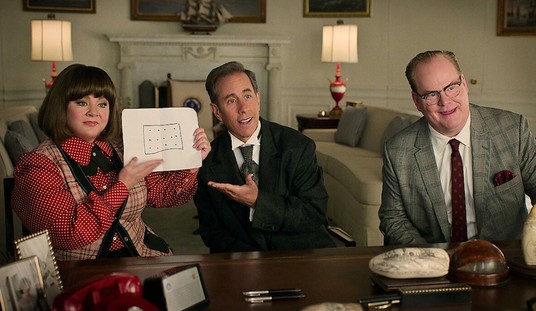

Join the conversation as a VIP Member